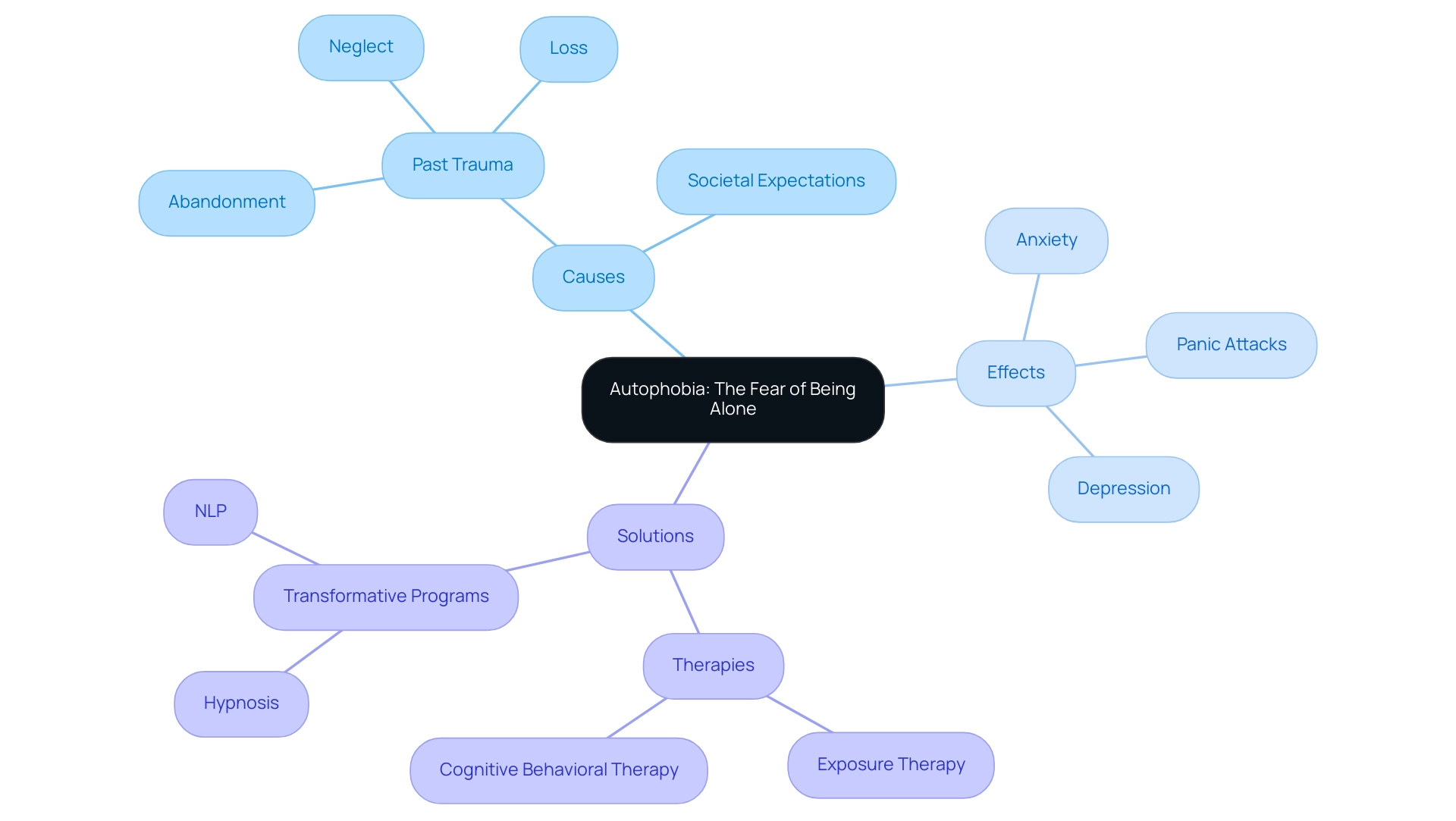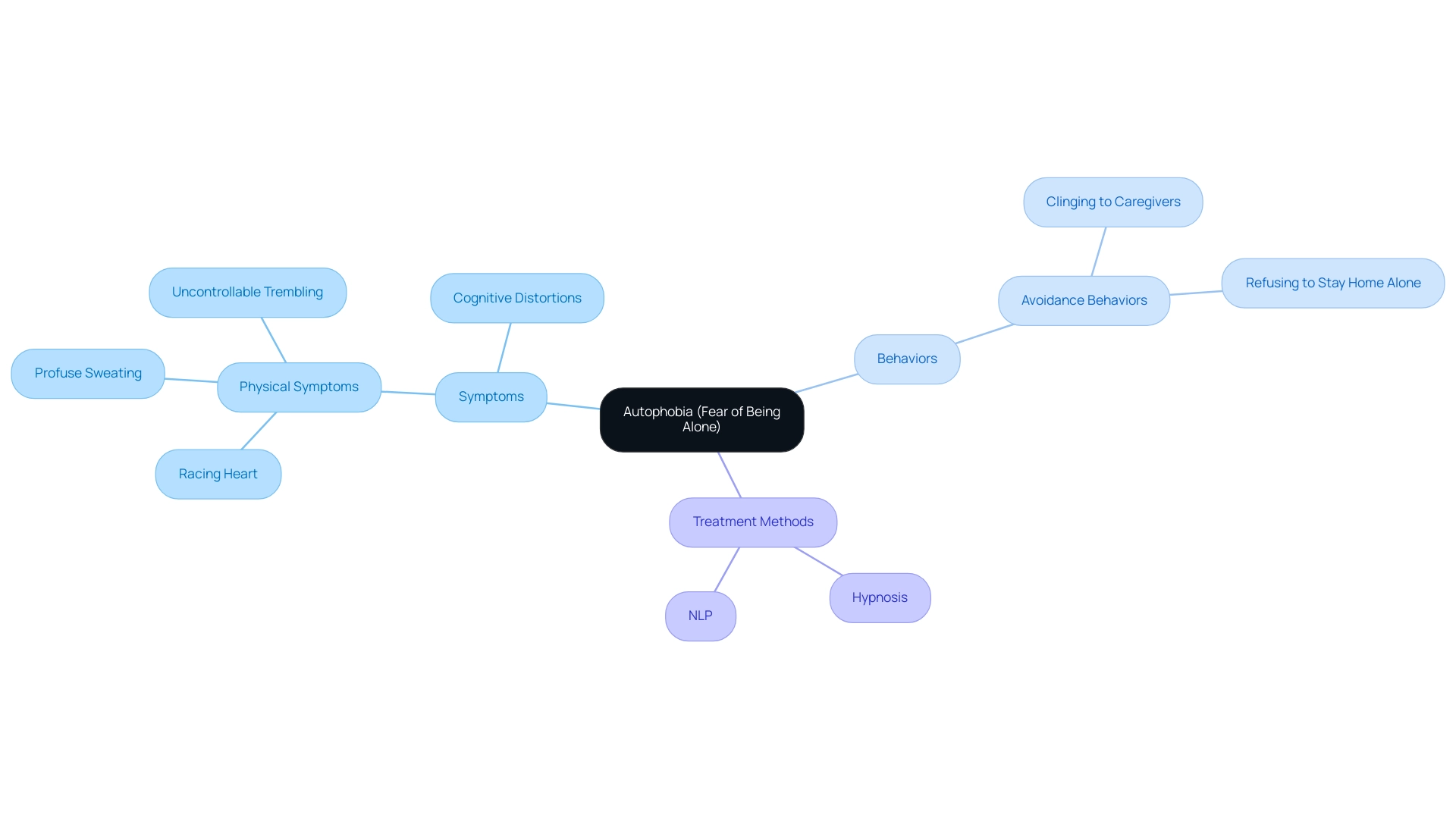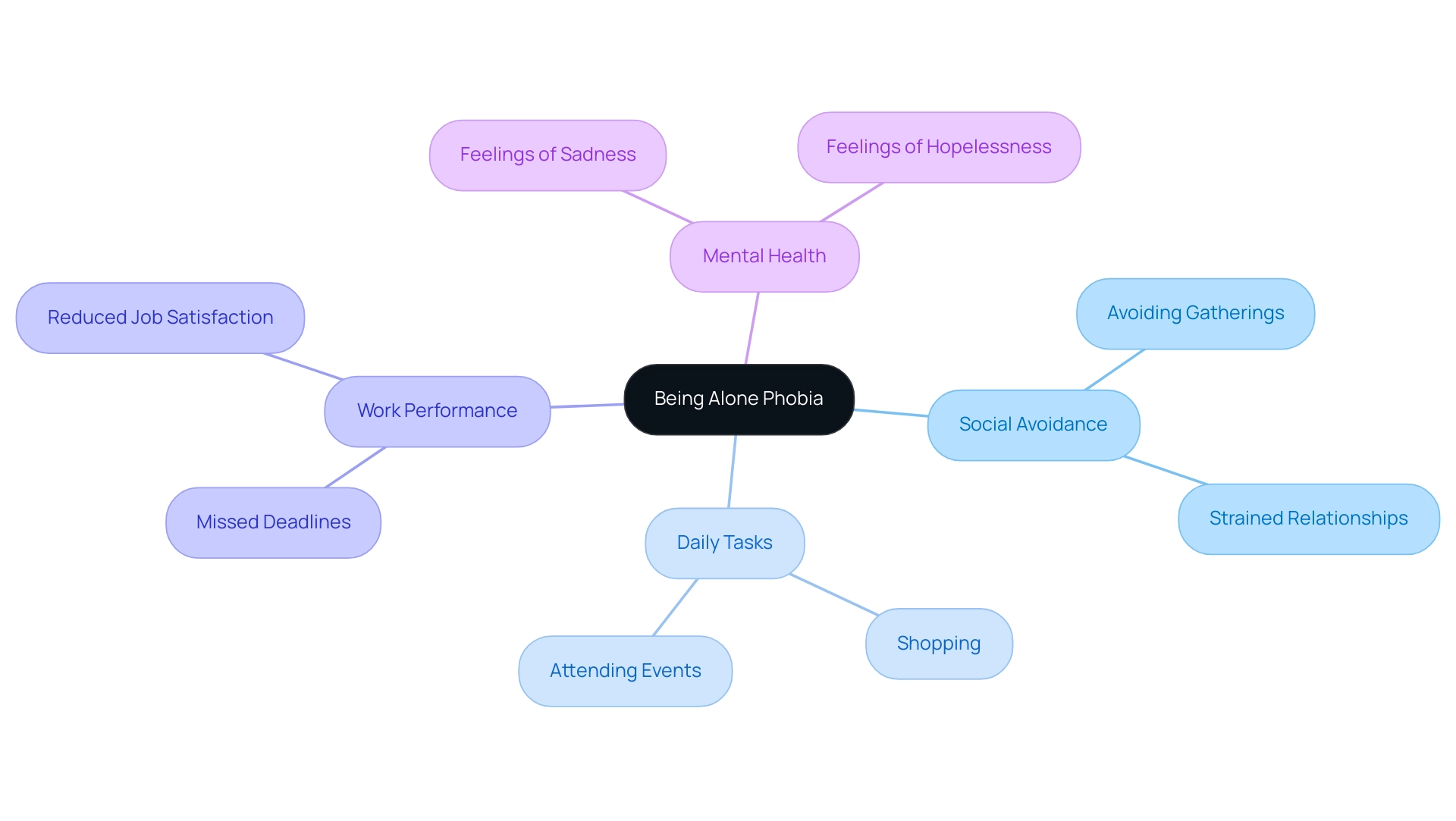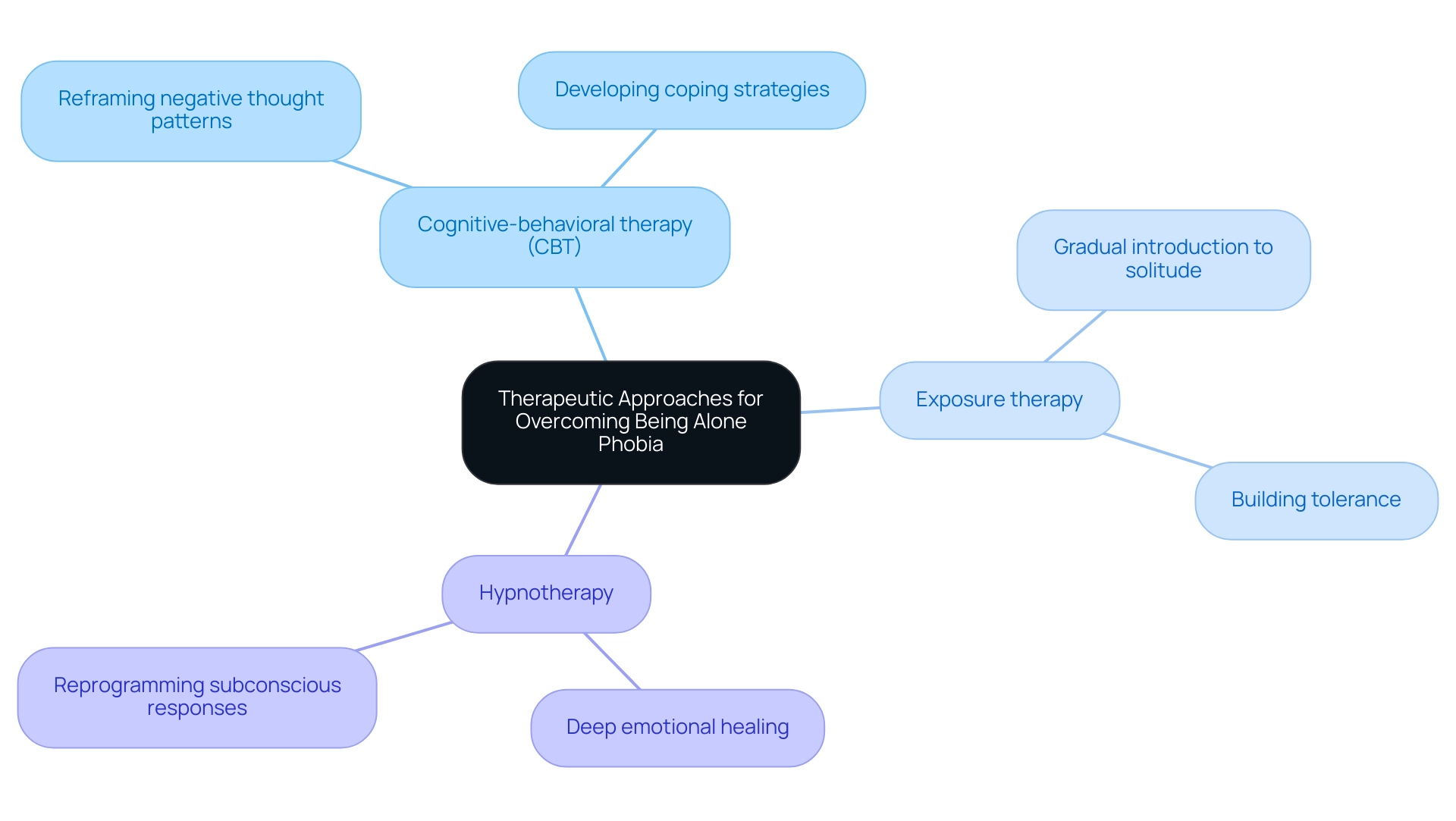PLEASE NOTE:
While the following article relates to your Google search, the services and methods at Goodwin Hypnosis may differ from those mentioned below. Since 2007, we have helped thousands of clients to overcome emotional and behavioral challenges when all else had failed. According to many of them (and their referring healthcare providers), our methods are faster than talk therapy, easier than willpower, and safer than medication. If you’re ready to resolve your issues, skip the article and visit the rest of our website, where you can learn about our unique approach, watch client testimonial videos, and discover how working with us one-on-one could be the solution you’ve been searching for.
We can help you with a variety of issues relating to emotional trauma. While we don't diagnose disorders like PTSD, we have helped hundreds of clients to overcome a wide range of traumatic experiences and their negative effects with methods that are more efficient and comfortable than CBT or EMDR. If you would like to learn more about working with us one-on-one to clear your trauma, click here.
Introduction
The fear of being alone, known as autophobia, is a complex and often misunderstood condition that affects many individuals in profound ways. Rooted in personal experiences such as trauma, abandonment, or societal pressures, this phobia can lead to debilitating anxiety and avoidance behaviors that significantly impact daily life. As individuals navigate their relationships and responsibilities, the weight of this fear can create a cycle of dependency and isolation, making it challenging to engage in even the simplest tasks alone.
However, understanding the symptoms and underlying causes of autophobia is the first step toward healing. This article delves into the intricacies of being alone phobia, exploring its effects, identifying symptoms, and highlighting effective therapeutic approaches that can empower individuals to reclaim their sense of self and embrace solitude with confidence. By shedding light on this often-overlooked issue, the journey toward recovery becomes not only possible but also a pathway to greater emotional resilience and fulfillment.
Exploring the Causes of Being Alone Phobia
Being isolated phobia, or autophobia, is often rooted in complex and deeply personal experiences. Past trauma, especially events related to abandonment, neglect, or loss, can profoundly influence a person's relationship with solitude. These traumatic events may cause one to link solitude with strong emotions of anxiety and vulnerability.
Additionally, societal expectations that prioritize connection and togetherness can heighten the discomfort of solitude, making individuals feel even more isolated. It's essential to recognize that autophobia is frequently associated with other anxiety disorders; the apprehension of being alone can trigger severe panic or heightened anxiety responses.
Statistics indicate that enduring such anxiety for at least six months is a criterion for diagnosing a specific phobic disorder. Expert opinions underscore the significance of addressing these underlying issues. The Cleveland Clinic emphasizes that therapies like exposure therapy and cognitive behavioral therapy (CBT) can be instrumental in overcoming this fear, helping individuals find comfort in their own company.
However, for individuals looking for a more transformative approach, Todd and Gina Goodwin provide an online emotional trauma recovery program using hypnosis and NLP, which has assisted many clients in overcoming stress, PTSD, and grief. For instance, one client reported that after just a few sessions, they felt a significant reduction in their stress levels and were able to enjoy their own company for the first time in years.
Real-world cases illustrate the importance of seeking help; those experiencing panic attacks, persistent anxiety, or signs of depression that interfere with daily life should consult healthcare providers. Early intervention, as shown in various case studies, can lead to better mental health outcomes, showcasing the transformative power of timely support through expert methods.
Comprehending these causes and acknowledging the significance of seeking suitable assistance is essential for anyone aiming to tackle their concerns. It empowers people to embark on a journey towards healing and self-acceptance, taking proactive steps towards a more positive and fulfilling life.

Identifying Symptoms of Being Alone Phobia
The anxiety of being alone, known as autophobia, manifests in various distressing ways. For many individuals, the anticipation of solitude triggers intense anxiety, often accompanied by physical symptoms such as:
- A racing heart
- Profuse sweating
- Uncontrollable trembling
Cognitive distortions can further exacerbate these fears, creating an overwhelming sense of dread at the mere thought of isolation. This can lead to behaviors aimed at avoiding solitude, such as clinging to caregivers or refusing to stay home without company.
Understanding these symptoms is vital, as they significantly affect day-to-day living. For instance, children grappling with specific phobias may exhibit:
- Crying
- Temper tantrums
- Freezing in place when confronted with the prospect of being by themselves
Identifying these signs is the initial step toward seeking assistance, which can significantly reduce the distress associated with autophobia.
One illustrative case involves a young child named Emily, who experienced severe distress when left alone. She would often cry and cling to her parents, unable to engage in solitary play. Through therapy, Emily learned coping strategies that helped her gradually feel more comfortable in her own company, highlighting the potential for recovery.
As Dr. Marney A. White notes, autophobia is complex and frequently intertwined with other conditions such as:
- Separation distress disorder
- Concerns of abandonment
- PTSD
However, with the right treatment approach that distinguishes between physical symptoms—like sweating and increased heart rate—and cognitive symptoms—such as catastrophic thinking—it is possible to effectively manage these symptoms.
At Goodwin Hypnosis, we utilize innovative techniques like hypnosis and NLP, which many clients have found to be life-changing. For instance, Gabriela Stanard stated, "After 5 sessions of hypnotherapy in 4 weeks with Todd, I can say that I have made more progress with my nervousness in that short time than I had over the past 6 months." Similarly, Ray Sunlight emphasized that hypnosis therapy helped her "re-program" unwanted emotions and behaviors completely. These testimonials illustrate how our techniques directly address the symptoms of autophobia, allowing clients to break free from the cycle of fear and anxiety, paving the way toward a more comfortable and connected life.

The Impact of Being Alone Phobia on Daily Life
The impact of having a fear of solitude can be profound. Individuals may find themselves avoiding social situations, leading to strained relationships and social isolation. For example, an individual may refuse invitations to gatherings, fearing the discomfort of being isolated in a crowd, which can create a cycle of dependency on others for emotional support.
This constant need for companionship can hinder their ability to engage in daily tasks independently, such as:
- Shopping
- Attending events without company
Work performance may also decline, as the anxiety of being isolated can disrupt focus and efficiency, leading to missed deadlines or reduced job satisfaction. Moreover, the emotional toll of living with this phobia can lead to a decline in overall mental health, manifesting as feelings of sadness and hopelessness.
Acknowledging these impacts emphasizes the importance of seeking support and engaging in effective practices for recovery. At Goodwin Hypnosis, we specialize in addressing emotional trauma and its long-term effects on mental health through our private one-on-one sessions.
Our Liberated Mind Project provides a compassionate, 30-day online program aimed at assisting people in overcoming emotional and behavioral challenges. By integrating hypnosis, NLP, and memory reconsolidation, we provide the tools needed for personal transformation and empowerment.
Taking the first step towards your recovery is essential, and our programs are here to support you in breaking unhealthy habits and overcoming internal obstacles.

Therapeutic Approaches for Overcoming Being Alone Phobia
Therapeutic methods for addressing the anxiety of solitude include:
- Cognitive-behavioral therapy (CBT)
- Exposure therapy
- Hypnotherapy
While CBT assists people in reframing negative thought patterns and developing coping strategies for managing stress, exposure therapy gradually introduces them to being alone in a controlled manner, allowing for the building of tolerance and the reduction of fear.
At Goodwin Hypnosis, board-certified hypnotists Todd and Gina Goodwin utilize a unique combination of hypnosis and Neuro Linguistic Programming (NLP) to facilitate deep emotional healing. Their approach addresses the root causes of phobias, enabling clients to reprogram their subconscious responses to solitude. This transformative method has received numerous testimonials from clients who have successfully overcome anxiety, PTSD, and grief through their online emotional trauma recovery program. For instance, one client shared, 'I felt much better and am amazed at how quick it worked,' highlighting the efficacy of their methods.
These options provide a comprehensive approach to healing and recovery, allowing individuals to reclaim their independence and emotional well-being by equipping them with the tools and confidence to face solitude positively.

Conclusion
Understanding autophobia, or the fear of being alone, reveals the intricate interplay between past experiences and present challenges. The roots of this phobia often lie in trauma, abandonment, or societal pressures, which can lead to debilitating anxiety and avoidance behaviors. Recognizing the symptoms—such as intense physical reactions and cognitive distortions—enables individuals to take the first crucial steps toward healing.
The impact of being alone phobia on daily life is significant, affecting relationships, work performance, and overall mental health. This reinforces the importance of seeking support and engaging in therapeutic practices. Approaches like cognitive-behavioral therapy, exposure therapy, and innovative methods such as hypnosis and NLP provide pathways to recovery.
These therapies empower individuals to confront their fears, reframe negative thought patterns, and ultimately embrace solitude with confidence.
By acknowledging the complexities of autophobia and the therapeutic options available, individuals can embark on a transformative journey toward self-acceptance and emotional resilience. With the right support and commitment to healing, it is possible to break free from the cycle of fear and isolation, leading to a more fulfilling and independent life. The journey may be challenging, but it is also a pathway to rediscovering the joy of one's own company and the strength that comes from within.




